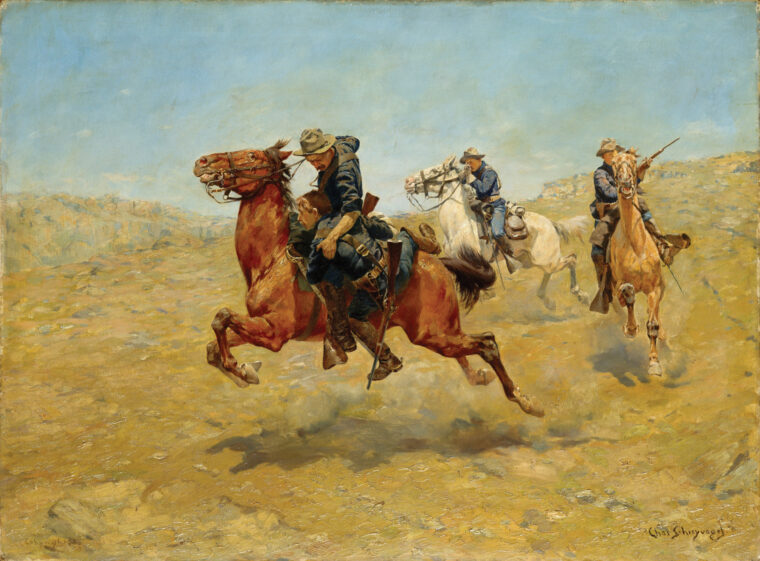
General Philip Henry Sheridan
Rosebud Creek
By Eric NiderostAround 8 o’clock on the morning of June 17, 1876, Brig. Gen. George Crook ordered his troops to halt along the banks of Rosebud Creek. Read more

General Philip Henry Sheridan
Around 8 o’clock on the morning of June 17, 1876, Brig. Gen. George Crook ordered his troops to halt along the banks of Rosebud Creek. Read more
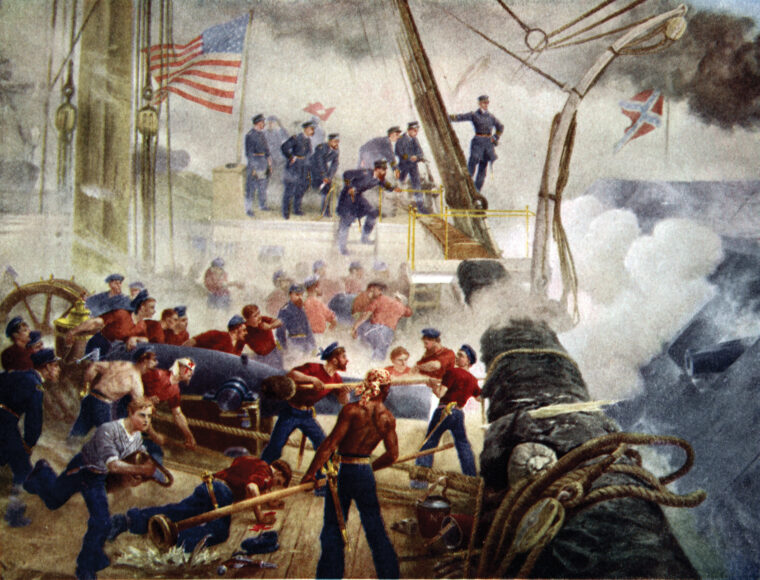
General Philip Henry Sheridan
On the night of August 4, 1864, in the cabin of his flagship the USS Hartford, Admiral Farragut read his Bible, arriving at ultimate assurance that God was on his side. Read more
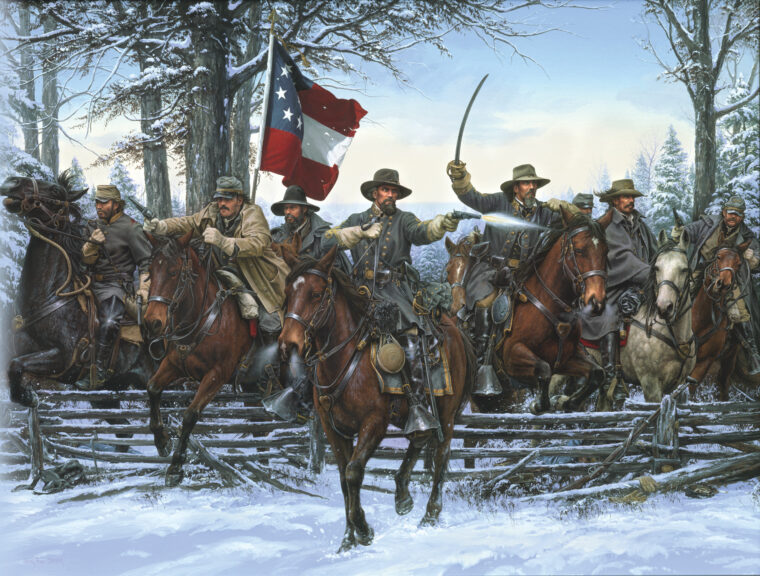
General Philip Henry Sheridan
The winter of 1863 was a time of general inactivity for the exhausted armies in middle Tennessee. Read more

General Philip Henry Sheridan
In 1864, the Civil War was raging across the United States. At the epicenter of the seemingly stalemated conflict was the vital Confederate stronghold at Petersburg, Va. Read more

General Philip Henry Sheridan
We can never know what frantic thoughts raced through George Armstrong Custer’s mind in the last hour of his life. Read more
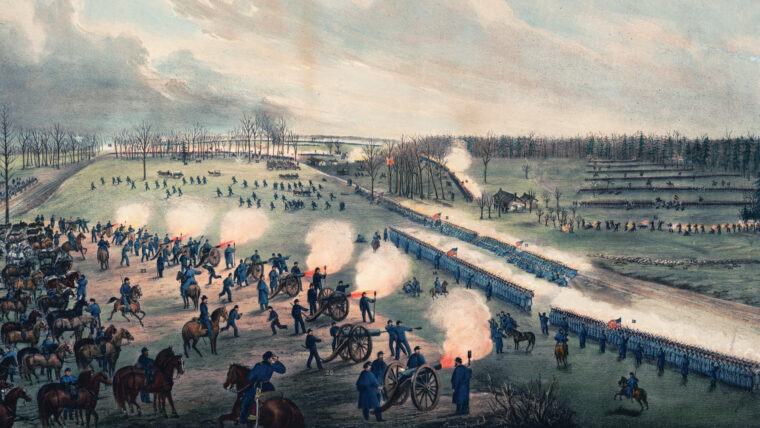
General Philip Henry Sheridan
For weeks, Maj. Gen. William Rosecrans had been hearing increased grumblings from Washington about how he should move his army out of Nashville and strike General Braxton Bragg’s Confederate forces 30 miles away in Murfreesboro. Read more
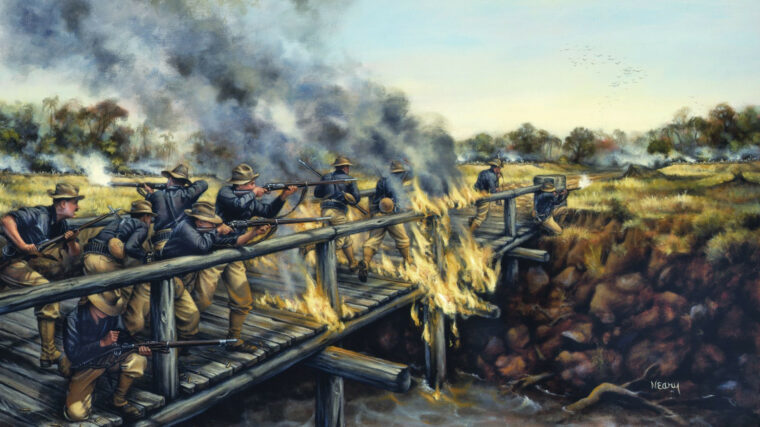
General Philip Henry Sheridan
On August 3, 1864, near Atlanta, Georgia, Captain Henry Lawton of Indiana led a group of Union skirmishers in a charge against Confederate rifle pits. Read more
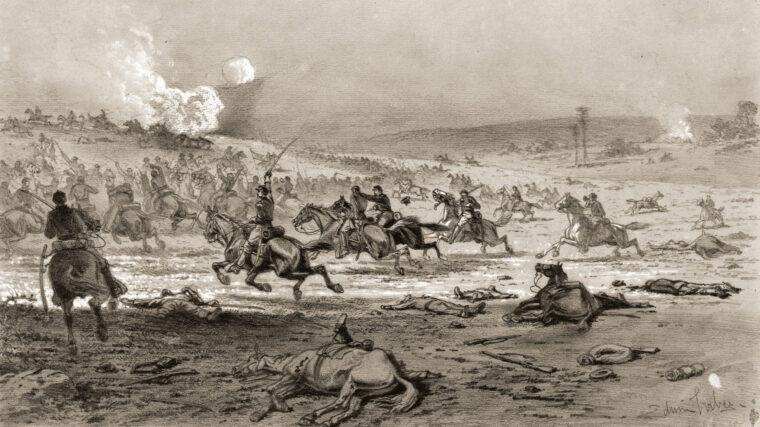
General Philip Henry Sheridan
“We have been badly used up,” a sergeant in the 5th New York Volunteer Cavalry Regiment complained in a letter to his wife on May 8, 1864, four days before J.E.B. Read more
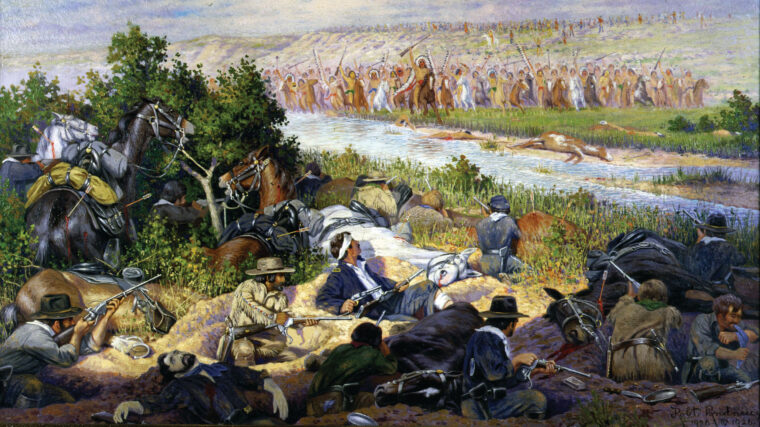
General Philip Henry Sheridan
“Indians! Indians!” The staple warning from countless cliché-ridden dime novels was all too real at dawn of a Colorado morning in 1868. Read more
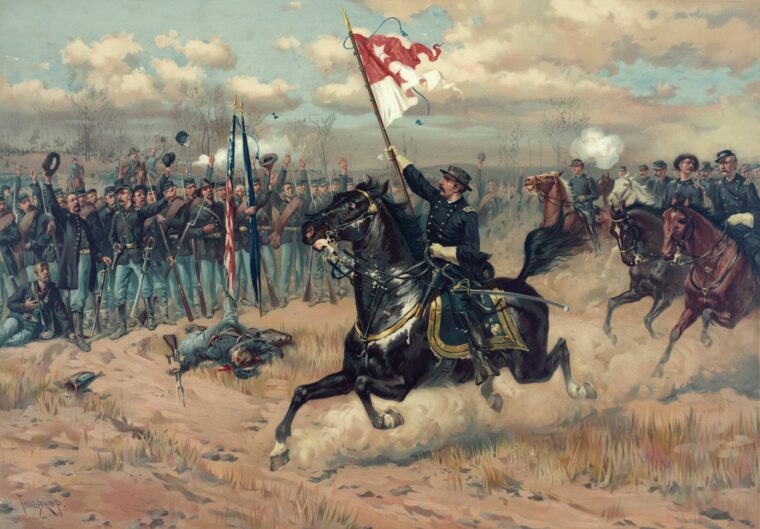
General Philip Henry Sheridan
Phil Sheridan had a bad feeling. The bantam-sized Union general always trusted his instincts, and now, in mid-October 1864, those instincts were telling him that trouble was brewing back at the front, where his Army of the Shenandoah was encamped near Cedar Creek, Virginia, resting and relaxing after a busy few weeks burning civilian farms and slaughtering thousands of head of livestock from Staunton north to Woodstock. Read more
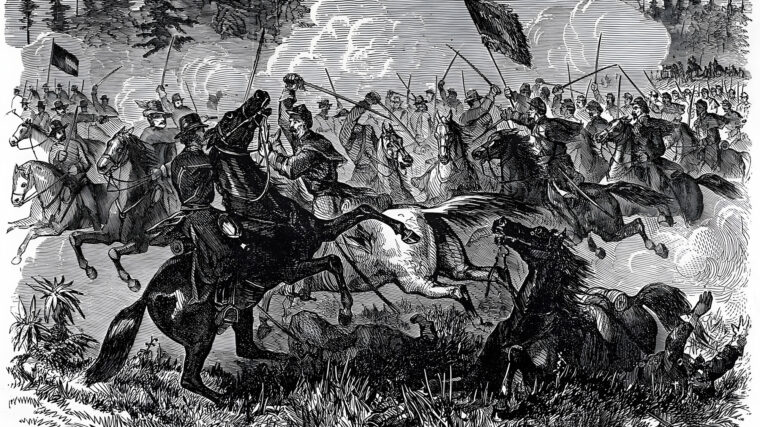
General Philip Henry Sheridan
Napoleon Alexandre Duffie was born on May 1, 1833, in Paris, France. His father, Jean August Duffie, was a prosperous sugar refiner and mayor of the village of La Ferte-sous-Jouarre. Read more
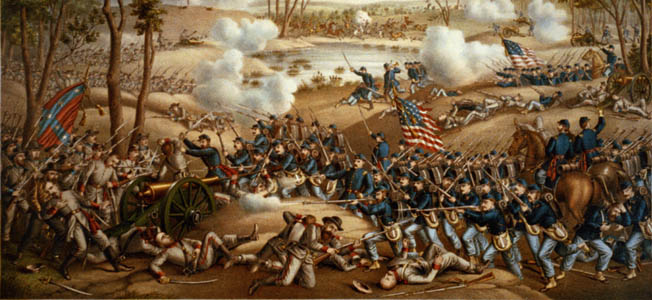
General Philip Henry Sheridan
On June 12, 1864, the American Civil War Battle of Cold Harbor came to a close, which became one of the final battles in Ulysses S. Read more
General Philip Henry Sheridan
For General Philiip Sheridan, war was a tonic.
“He was a wonderful man on the battle field,” one of his fellow Union officers recalled, “and never in as good humor as when under fire.” Read more
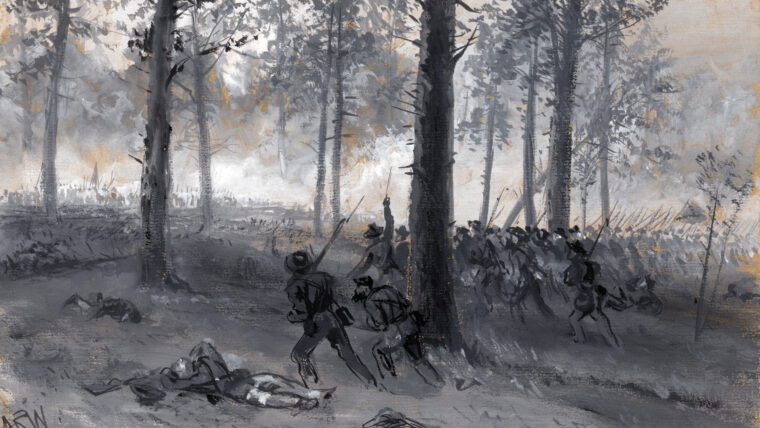
General Philip Henry Sheridan
Seemingly from birth, William Haines Lytle was bound for glory. As the last surviving male offspring of one of Cincinnati’s leading pioneer families, Lytle was the prototypical golden boy. Read more
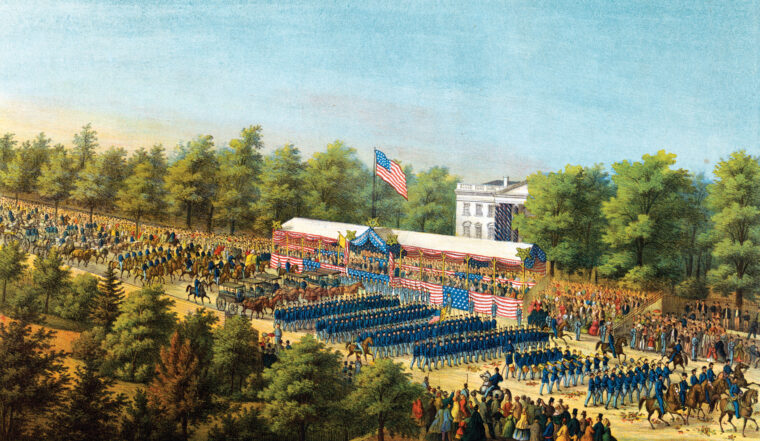
General Philip Henry Sheridan
Robert E. Lee’s surrender at Appomattox, presaging the subsequent surrender of other Confederate forces in the West and the capture of Southern President Jefferson Davis a few weeks later, marked the triumphant end of the nation’s great sundering. Read more
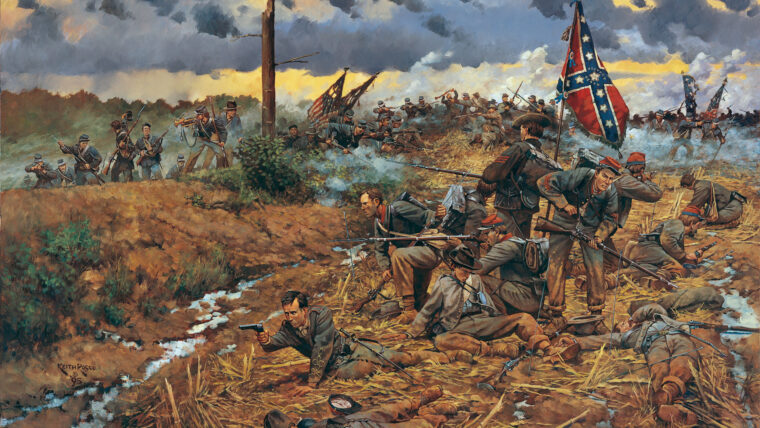
General Philip Henry Sheridan
Four hundred Confederate sailors and marines, their small arms loaded and ready, awaited their orders. Some men had their cutlasses within easy reach. Read more
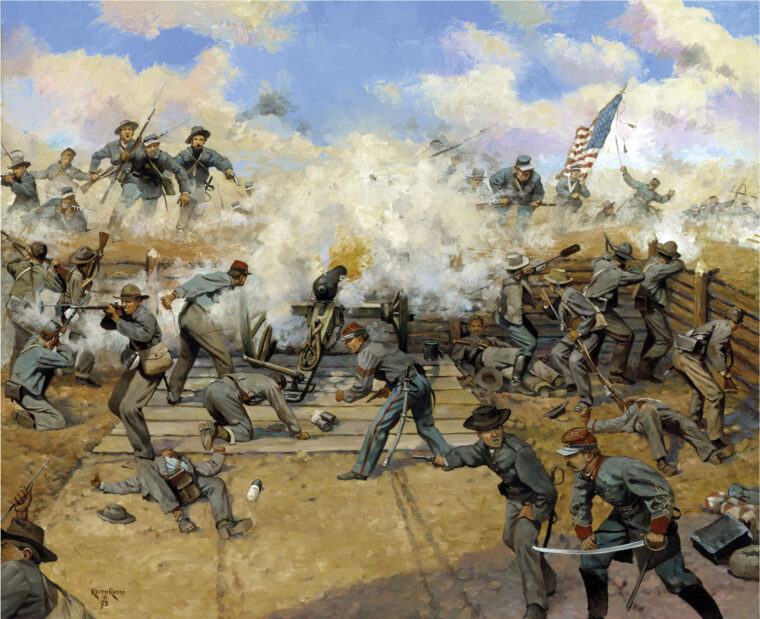
General Philip Henry Sheridan
Lieutenant Colonel Horace Porter, personal aide to Lt. Gen. Ulysses S. Grant, maneuvered his mount past ammunition wagons, ambulances, stragglers, and prisoners jamming the muddy roads leading back to headquarters from Five Forks, Virginia, on the evening of April 1, 1865. Read more

General Philip Henry Sheridan
For the weary troops of the Army of the Cumberland, there was precious little sleep to be had in the farm fields and cedar thickets northwest of Murfreesboro, Tennessee. Read more
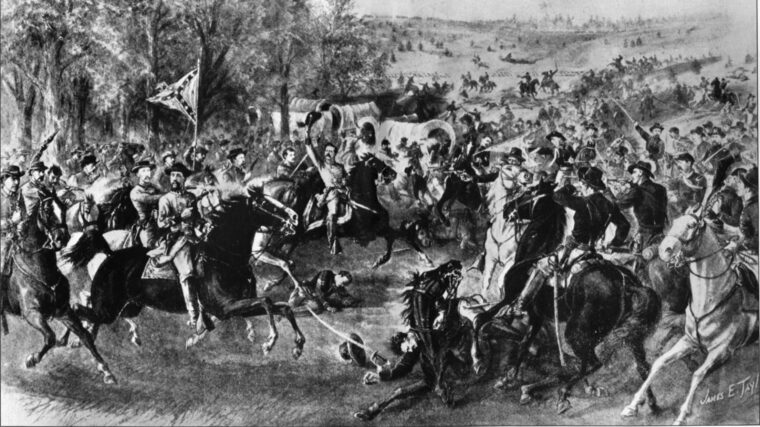
General Philip Henry Sheridan
Despite costing the Union Army 55,000 men in five weeks of hard marching and grueling combat, Lt. Gen. Read more
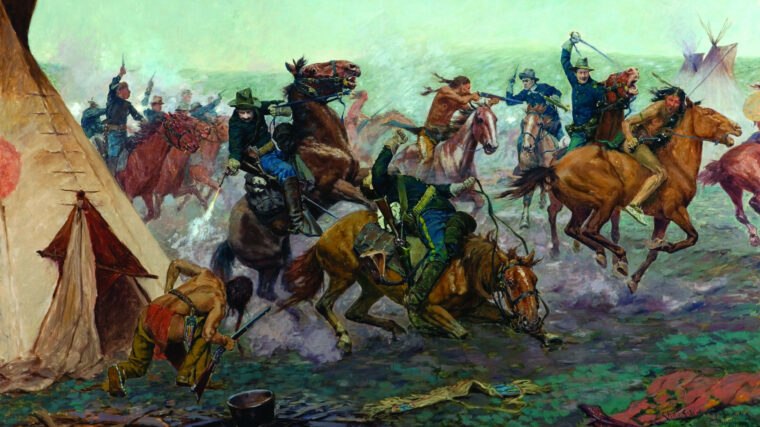
General Philip Henry Sheridan
The conclusion of the Civil War saw the painfully reunited nation resume its westward surge. Complicating that surge was the Indian question: how best to remove the Native American peoples from the paths of white expansion. Read more